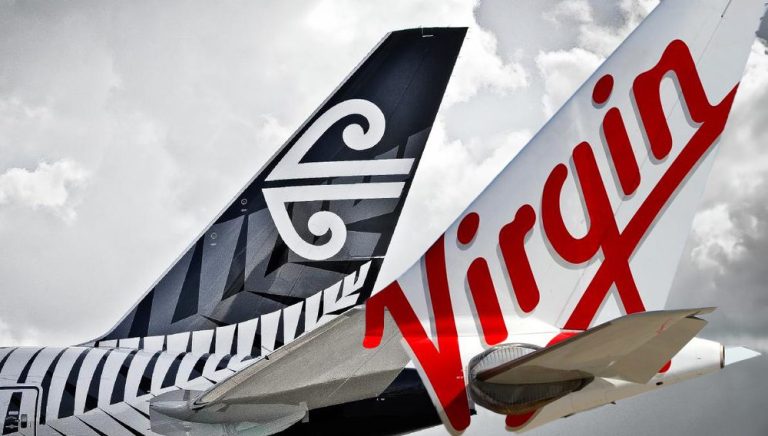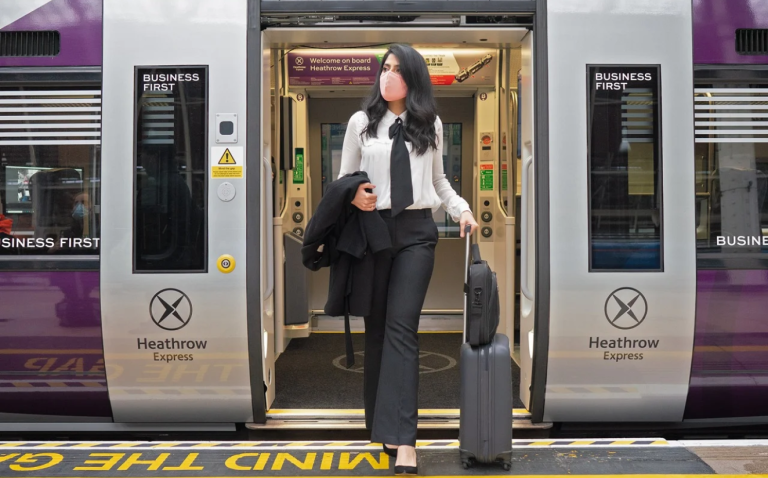David Goldman divulges what’s next for corporate travel. From new tech travel tools, to a fresh wave of airport restrictions, and online bots, there’s plenty on the radar for 2019…
Travel goes hi-tech
There’s no denying mobile apps are already an essential part of simplifying travel for most people doing business on the move. In the coming year we’re expecting to see even more businesses investing in robust technology platforms to help manage and track employees’ timetables, travel spend and mobile expense management.
The number of companies analysing big data to inform their travel planning and budgeting, especially multi-nationals and major players, is bound to rise in 2019, as companies look to minimise complicated admin for employees on-the-road. The ability to capture receipts and track expenditure in real time makes a huge difference to frequent corporate travellers previously tied to completing complex spreadsheets. In addition to this, those monitoring and approving travel spend from head office have the ability to seamlessly review, process, report and reimburse expenses. Finally, on the transport front, Uber continues to revolutionise on-the-ground transport spend with its easily trackable, international app, providing a simple, cost-effective solution for the tiresome issue of business transport.
Stronger security measures
2019 will see the introduction of tougher digital security measures, with the notable Facebook data breach that affected more than 50 million users this year, making consumers question how secure their information really is.
In the travel space, an investigation conducted by Marriot revealed unauthorised access to the Starwood guest reservation database. Quick to react and offer resolution, Marriot engaged leading security experts to identify the data breach and publicly address the incident.
Marriot devoted the resources necessary to phase out Starwood systems and will enhance network security systems to monitor and protect their guests’ information. A dedicated website was launched, as well as a call centre to answer any questions guests may have about the security breach.
If any Goldman Travel clients wish to seek information on this, please visit: info.starwoodhotels.com
Fresh airport restrictions
There’s good and bad on the horizon when it comes to airport security and restrictions.
This week, domestic airlines cracked down on overweight carry-on luggage, with Qantas and Virgin Australia requiring carry-on luggage to be weighed during check-in or at the boarding gate. The rules commenced 11 December 2018 and if passengers’ carry-on weighs over the 7kg allowance, they will have to be stowed in the cargo with checked luggage. The rules are being enforced due to heavy carry-on bags causing injuries to passengers and crew while holding up flights when passengers struggle to find space in cramped overhead compartments. Further information about carry-on allowances can be found on Qantas and Virgin Australia.
There’s talk of new scanners using hospital-style CT imagery appearing in UK airports which will eliminate the need to remove electronic gadgets and liquids from hand luggage when going through security, with small-scale trials currently underway at London Heathrow. Fingers crossed it’s a success and rolled out internationally in a hurry.
More stringent security was flagged in this year’s Australia’s Federal Budget, with ‘full body X-ray scanners’ coming to major domestic airports to replace metal detector gates, on par with heightened international airport security. More Police and Border Force personnel have also been earmarked for domestic and international airports. The Budget also set money aside to help regional airports upgrade both passenger and baggage security checks. These measures follow on from this year’s new policy on powdered items – from powdered cosmetics to baby formula, coffee and spices – which are now restricted in carry-on baggage for international flights, and must be presented for inspection at security. Inorganic powders such as sand, talcum powder and cleaning products can only pass the checkpoint if in a container no larger than 350 grams.
Artificial Intelligence
Following this year’s launch of Google Duplex – touted as the world’s most lifelike computer or an amplified version of Apple’s Siri – there’s been plenty of chatter in corporate travel circles about the potential impact of AI on the travel industry. And while this type of technology is still in its relatively early stages, we’re already seeing some early platforms in practice, including the introduction of bots for popular applications such as Facebook Messenger.
Here at Goldman, our travel and expense management system, Serko, has launched Zeno – a hybrid of AI and integrated consultant expertise and support, to create an incredibly user-friendly system to book flights, hotels and ground transport in a single, simple transaction.
Looking ahead, I anticipate AI will become a must-have customer service feature for the corporate travel industry, and I’m looking forward to discovering the ways this cutting-edge technology will drive enhanced customer service and simplify day-to-day tasks for consultants on the front line.
And to wrap up the year, we celebrated 35 years of the Goldman Travel Group, with 120 team members and suppliers. Watch the video here to learn about our story.




